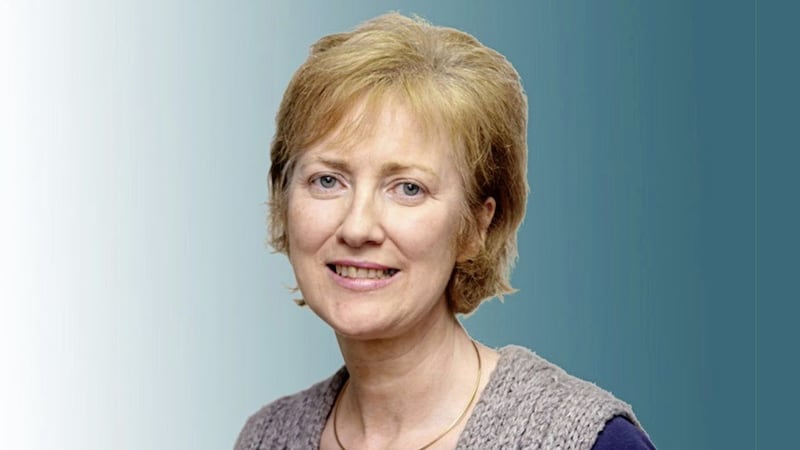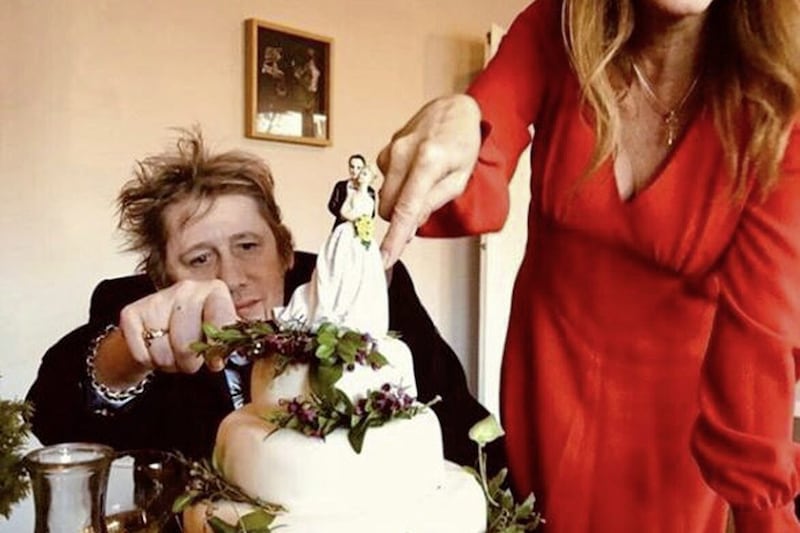The History Show RTÉ Radio 1
Research carried out by historian Catherine Corless on the Tuam Mother and Baby Home in County Galway led to the recent discovery of the mass grave at the site.
She told her story on the History Show. It made for sober listening.
There is something about Corless’s straightforward, matter of fact delivery that is compelling.
She tells it as it is, with the authority of an expert, with the plain speaking that belies a depth of feeling at how these children and babies were treated.
Her interest, she said, was sparked when some of the “home babies” as they were called were in her class at the Mercy Convent National School.
They were “miserable looking”, she said. They were kept segregated. They came to school ten minutes after lessons began and left ten minutes early so that there could be no friendships between them and “us, so-called respectable people.”
It was truly an Ireland of un-equals.
When she started to research the home and she talked to people who lived near the high walls, she uncovered a tale of isolation, sadness and injustice.
Very few people were employed there, the work was done by the mothers.
Tape recordings of Julia, the resident gardener and dogsbody, portrayed a very harsh regime for mothers and children and babies.
When she inquired about death certificates, she was told there were 798 for the Tuam home – did she want to buy them: “I sure do,” she said.
But in the Tuam graveyard, about 100 yards from the home, she found the graves of just two children – they were orphans, not so-called “illegitimate” - So where were the 796 others?
In the 1970s, children playing on a housing estate built on the grounds of the old home, came upon human remains.
There was a heartening story of how the local people built a little grotto in that place to remember those who had died.
Catherine Corless set out the facts – what she had painstakingly uncovered – and she ended with a little hope.
“At last, justice may be served,” she said.









